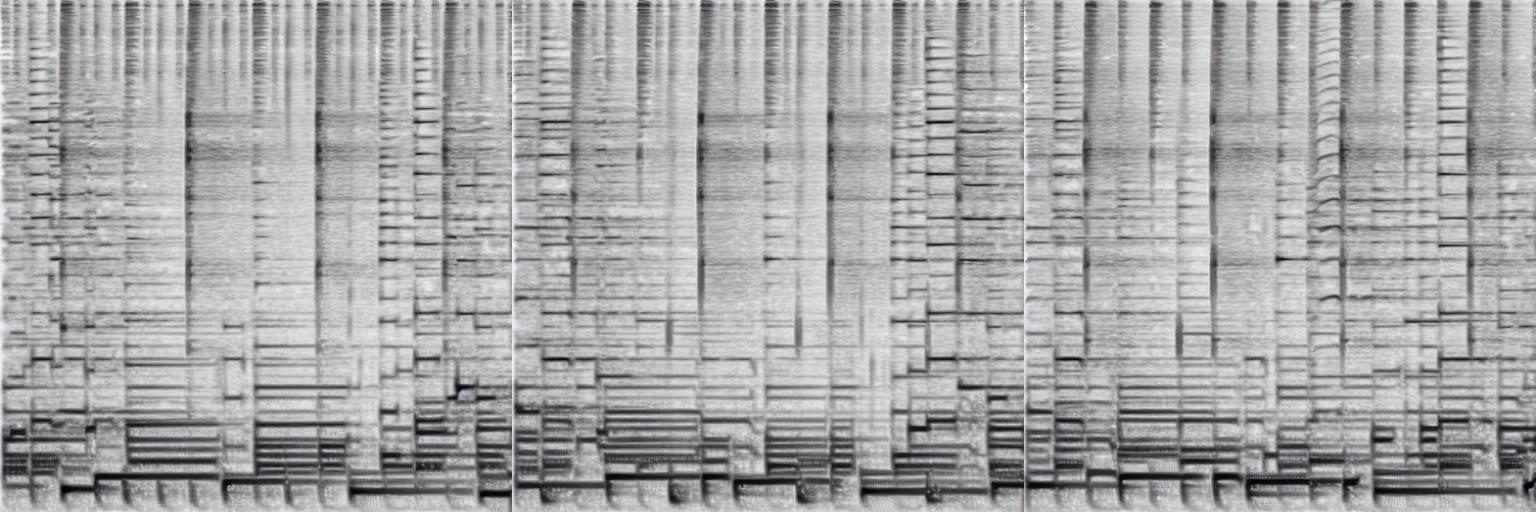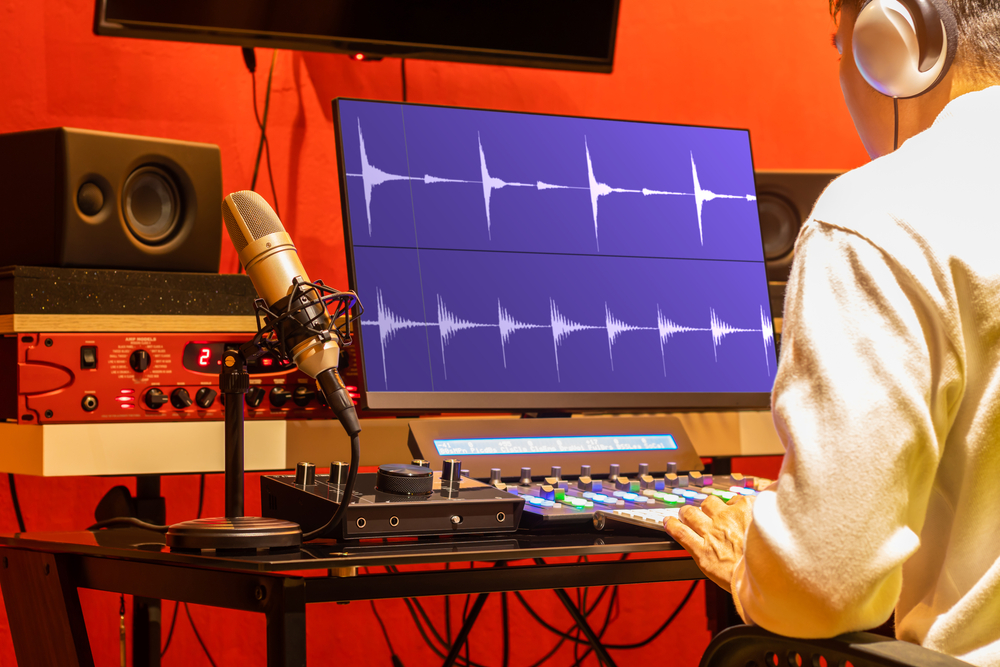Damien Roach, under the artist alias “patten,” released a 21-track created entirely from AI-generated samples.
About 4 months ago, Roach discovered the AI sound design tool “Riffusion,” and used it to compose a 21-track album, “Mirage FM,” produced entirely from AI-generated audio clips.
You can listen to Mirage FM on YouTube and access Riffusion here. It uses text prompts to generate audio clips.
Roach said he spent 48 hours digging through Riffusion and created an extensive library of clips that he cut and sampled to create an experimental beat tape. Riffusion’s outputs are trippy, lo-fi, and spaced out, which suits the album’s aesthetic perfectly.
Riffusion doesn’t generate audio directly. Instead, it uses the Stable Diffusion AI to generate spectrographic images from text prompts and convert them into audio with a technique called Short-time Fourier transform (STFT).

AI sampling pays homage to the past
Sampling involves cutting up pieces of pre-made audio and reassembling the pieces into new music. The practice of sampling dates back to the 1970s and has become integral to modern music production.
The only difference here is the source material is AI-generated.
Roach says he believes AI music production is a new form of creative expression; “The idea that more people are able to express themselves with the assistance of tools like this, I think is really important,” “We should embrace these new tools for expression and think about how widening the means of expression for as many people as possible can benefit our society as a whole.”
AI music divides opinions
AI is transforming the arts, but it’s a divisive topic.
On the one hand, some argue that AI democratizes access to tools and provides new creative angles. On the other hand, many argue AI is propped up by plagiarism and waters down authenticity.
There have been a couple of high-profile controversies, including a viral song generated in the style of The Weeknd and Drake and a collection of fake Frank Ocean songs allegedly sold to a private buyer for $13,000.
The issue of ownership
Ownership and commercialization have become intractable issues for AI-generated art, writing, and music.
There’s a sliding scale from 100% AI-generated content, where human authorship is almost totally lacking, to using bits and pieces of AI-generated content to create a unique whole – as is the case with patten’s album. There are still no concrete answers on when something created with AI qualifies for copyright.
The music industry has grappled with endless transitions, from analog to digital recording, vinyl to CD, MP3, and back to vinyl.
Now it’s confronted by a new force, and it’s down to artists to shape its role in their creative disciplines.





